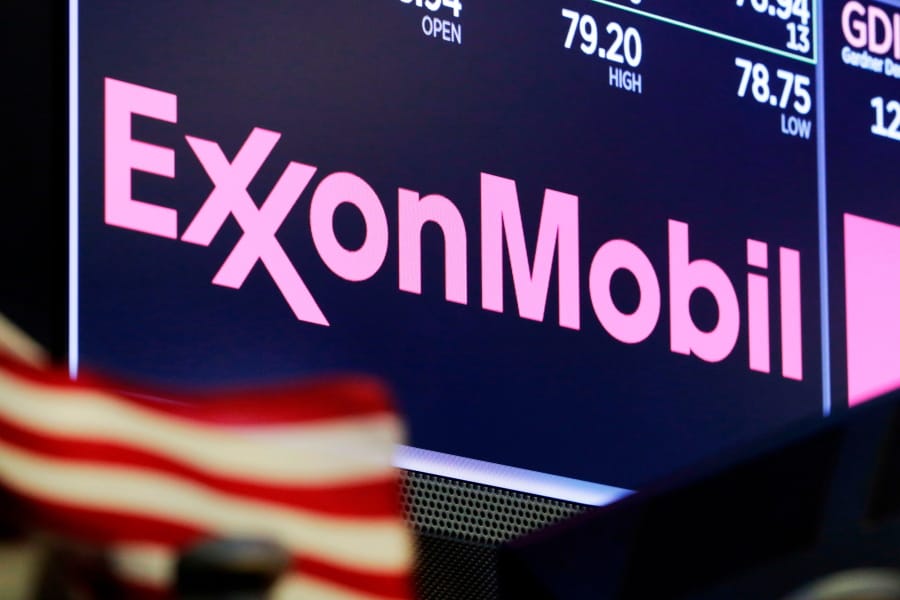NEW YORK — New York’s attorney general is accusing Exxon Mobil of lying to investors about how profitable the company will remain as governments impose stricter regulations to combat global warming.
The lawsuit, which is set to go to trial Tuesday, claims the Texas energy giant kept two sets of books — one accounting for climate change regulations and the other underestimating the costs — to make the company appear more valuable to investors.
Exxon denied the allegations, calling them politically motivated, and said the company looks forward to being exonerated in court.
At stake is how much value investors will see in oil and gas companies once the impact of climate change — and the stepped-up efforts to curb it — are more apparent.
“If companies like Exxon accurately account for the necessary degree of regulation to prevent even more dangerous global warming from happening, it will make less and less sense to continue to invest in developing fossil fuel projects,” said Michael Burger, executive director of the Sabin Center for Climate Change Law at Columbia University.
While there are hundreds of lawsuits filed against companies about climate change, this is one of the first to go to trial, according to the Sabin Center. At the heart of the case is a question about whether Exxon was downplaying the impact regulations may pose on its ability to make money in the future.
The complaint says that in order to account for future climate change regulations, Exxon told the public it was applying an estimated cost — or “proxy cost” — of carbon dioxide and other greenhouse gases to its investment decisions. It also said it would apply the proxy cost when it evaluates the value of its assets and estimates future demand for oil and gas.
But the complaint says that instead, Exxon applied lower or no proxy costs for years when making investment decisions or assessing its oil and gas reserves. As a result, the company may have been exposed to far greater risk from climate change regulations than investors were led to believe, the complaint said. An expert witness for the state estimated potential damages to shareholders of $476 million to $1.6 billion.
The state also claims Exxon inaccurately concluded that it faced little risk associated with a “two degrees scenario,” in which the consumption of fossil fuels was severely curtailed to limit global temperature increases to below two degrees Celsius compared to pre-industrial levels. The complaint says Exxon claimed its oil and gas reserves face little risk of becoming too expensive to operate and that the company would be able to profitably exploit those assets well into the future.
Exxon said that because there isn’t a uniform, globally accepted cost of carbon, the company uses two distinct metrics to account for the impact of existing and potential climate-related regulations. The first, a “proxy cost,” reflects climate policies that could reduce demand for oil and natural gas globally, Exxon said in an email.



